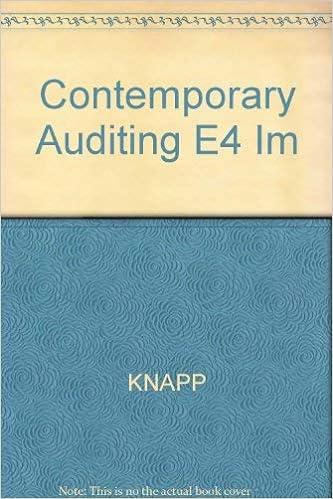


22 Investor W has the opportunity to invest $500,000 in a new venture. The projected cash flows from the venture are as follows. Use Appendix A and Appendix B. Year o Year 1 Year 2 Year 3 Year 4 10 points Initial investment $(500,000) Taxable revenue Deductible expenses Return of investment $ 62,500 (10,000) $ 57,500 (10,000) $ 47,500 (12,000) $ 42,500 (12,000) 500,000 Before-tax net cash flow $(500,000) $ 52,500 47,500 $ 35,500 $530,500 Investor W uses a 7 percent discount rate. Required: a-1. Complete the table below to calculate NPV. Assume her marginal tax rate over the life of the investment is 15 percent. a-2. Should Investor W make the investment? b-1. Complete the table below to calculate NPV. Assume her marginal tax rate over the life of the investment is 20 percent. b-2. Should Investor W make the investment? C-1. Complete the table below to calculate NPV. Assume her marginal tax rate in years 1 and 2 is 10 percent and in years 3 and 4 is 25 percent. c-2. Should Investor W make the investment? X Answer is not complete. Complete this question by entering your answers in the tabs below. Req A1 Reg A2 Req B1 Req B2 Reg C1 Reg C2 Complete the table below to calculate NPV. Assume her marginal tax rate over the life of the investment is 15 percent. (Cash outflows and negative amounts should be indicated by a minus sign. Round discount factor(s) to 3 decimal places, all other intermediate calculations and final answers to the nearest whole dollar amount.) Year 0 Year 1 Year 2 Year 3 Year 4 Before-tax cash flow $ (500,000) 62,500 X Tax cost After-tax cash flow $ 62,500 $ 0 $ 0 $ 0 Discount factor (7%) Present value $ (500,000) NPV Reg A1 Req A2 > Complete the table below to calculate NPV. Assume her marginal tax rate over the life of the investment is 20 percent. (Cash outflows and negative amounts should be indicated by a minus sign. Round discount factor(s) to 3 decimal places, all other intermediate calculations and final answers to the nearest whole dollar amount.) Year o Year 1 Year 2 Year 3 Year 4 Before-tax cash flow Tax cost After-tax cash flow Discount factor (7%) $ 0 $ 0 $ 0 $ 0 Present value NPV Complete the table below to calculate NPV. Assume her marginal tax rate in years 1 and 2 is 10 percent and in years 3 and 4 is 25 percent. (Cash outflows and negative amounts should be indicated by a minus sign. Round discount factor(s) to 3 decimal places, all other intermediate calculations and final answers to the nearest whole dollar amount.) Year o Year 1 Year 2 Year 3 Year 4 Before-tax cash flow Tax cost After-tax cash flow Discount factor (7%) $ 0 $ 0 $ 0 $ 0 Present value NPV









